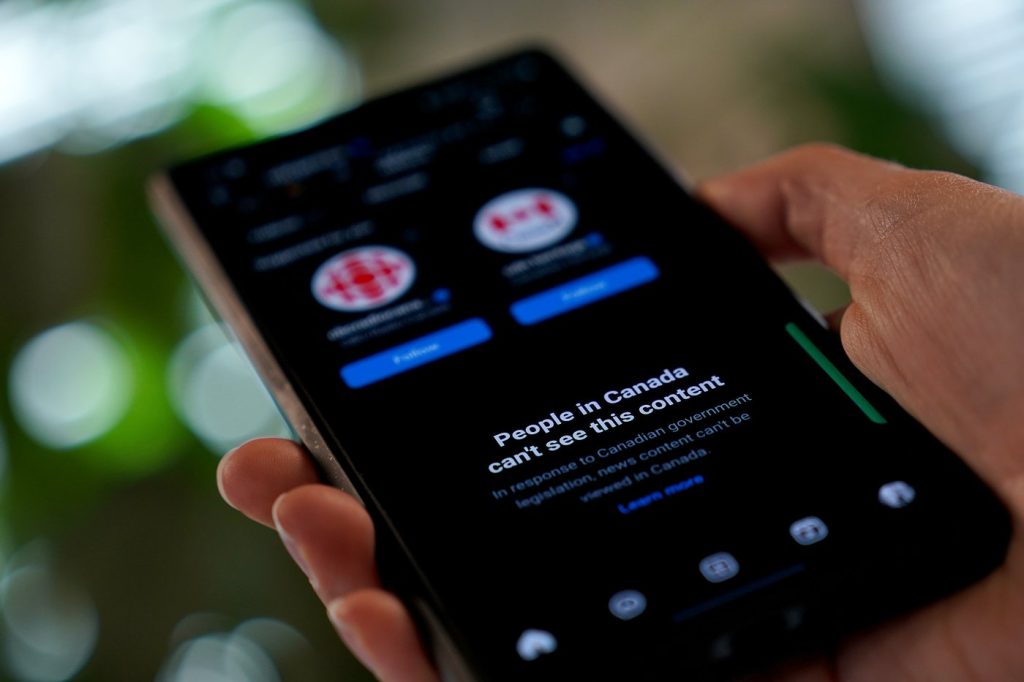Influencers played a dominant role in the online discourse during Canada's recent federal election, surpassing traditional news outlets and politicians in both engagement and content frequency, according to a new report by the Canadian Digital Media Research Network. This initiative is led by the Media Ecosystem Observatory at McGill University and the University of Toronto, which examined the election information landscape.
Aengus Bridgman, the director of the Media Ecosystem Observatory, noted that influencers were particularly active in producing political content, accounting for nearly 47 percent of the total political posts analyzed. In comparison, news organizations contributed 28 percent, while politicians contributed only 18 percent. Bridgman emphasized that this shift is significant, stating, "This is new to this election, materially different.”
The report outlines a fundamental change in how political conversations are framed online. Previously, traditional media and politicians dominated discussions with their frequent posts and stories that garnered substantial attention. However, as detailed in the report, "Influencers, not parties or newsrooms, dominated distribution and attention across platforms during the campaign.”
This shift aligns with recent developments affecting news visibility on social media. Notably, Meta (the parent company of Facebook and Instagram) implemented a ban on news content for Canadian users in response to the country's Online News Act. The report suggests that this ban has contributed to an information void, which has increasingly been filled with less reliable content. Furthermore, the report highlights the influence of Elon Musk's takeover of Twitter, now rebranded as X, stating that his political inclinations and changes to the platform have led to further fragmentation of the online information ecosystem.
From February 23 to May 28, researchers monitored approximately 4,000 Canadian entities, including politicians, media organizations, and prominent online personalities, capturing a staggering 1.52 million posts across various platforms such as X, Instagram, TikTok, Bluesky, YouTube, and Telegram. Bridgman remarked that Canadians appear to have developed a preference for influencer-driven content, which tends to focus more on reactions and interpretations of events rather than straight facts or policy information.
The report defines "influencers" in this context as individuals with at least 10,000 followers who generate predominantly political content (two-thirds politics) and who do not operate purely in a professional capacity. Thus, journalists who primarily discuss their work would not fall under the influencer category unless they engage in broader commentary.Here, Bridgman emphasized that influencers significantly shape the narrative through their commentary and interactions.
In light of this evolving landscape, the report urges influencers to acknowledge their democratic responsibilities. It calls for them to cultivate critical information evaluation skills, verify the information spread, disclose sponsored content, and offer credible insights concerning voting and participation in democracy.
While influencer prevalence was a focal point, the report also examined additional factors impacting the election information environment, such as foreign interference, misinformation, and demographic shifts across major online platforms. The conclusions reveal an information landscape characterized by influencer-driven narratives, digital manipulation, political polarization, and insufficient platform governance.
Importantly, the report concludes that while these factors did not directly alter the election's outcome, they pose a concerning outlook for future electoral processes. Without significant reforms, Canada may face upcoming elections that are poorly prepared, increasingly divided, and more susceptible to manipulation risk. Additionally, the report calls for greater transparency from online platforms while noting the researchers' lack of access to data necessary for assessing manipulation's extent, deeming the situation "untenable."











